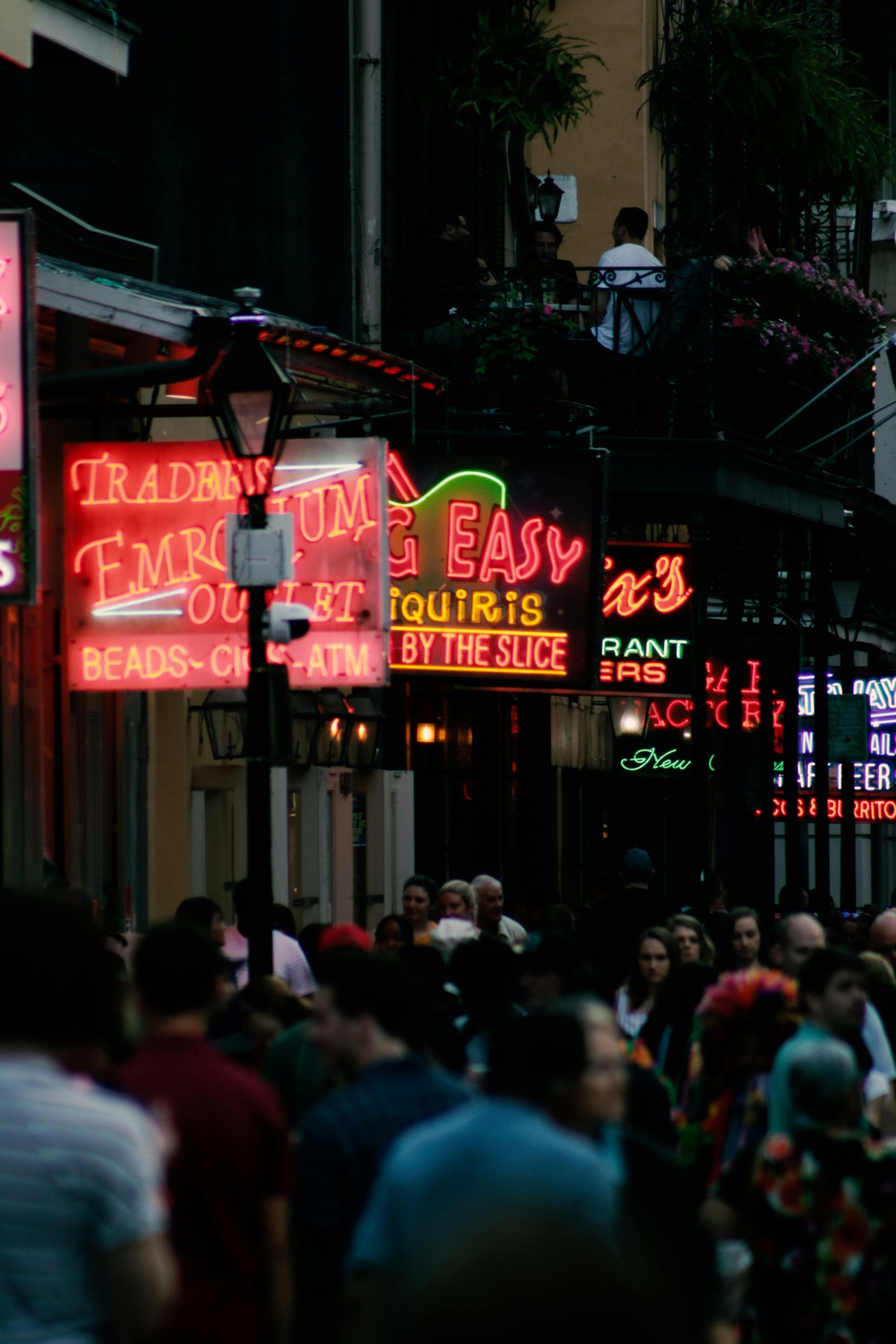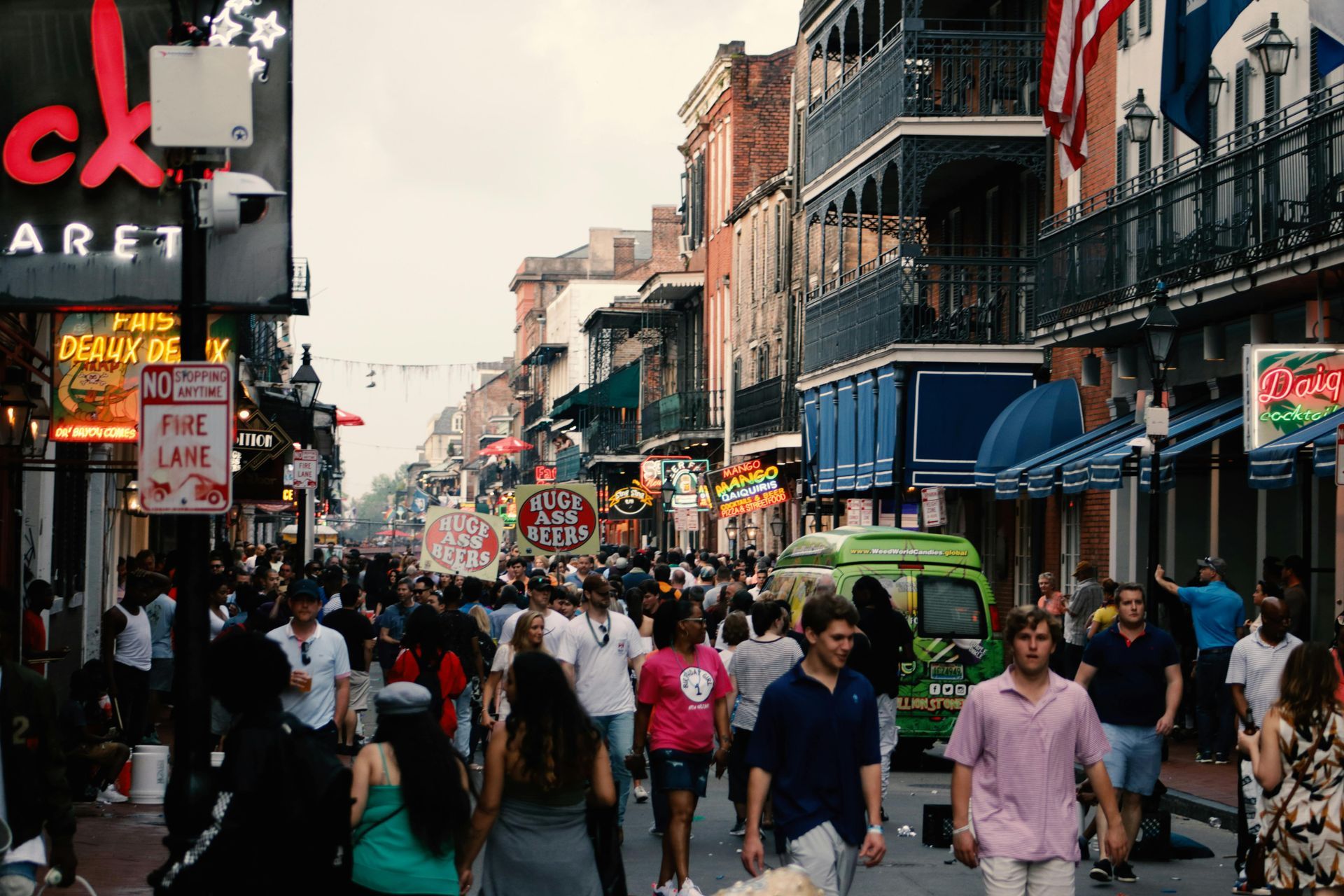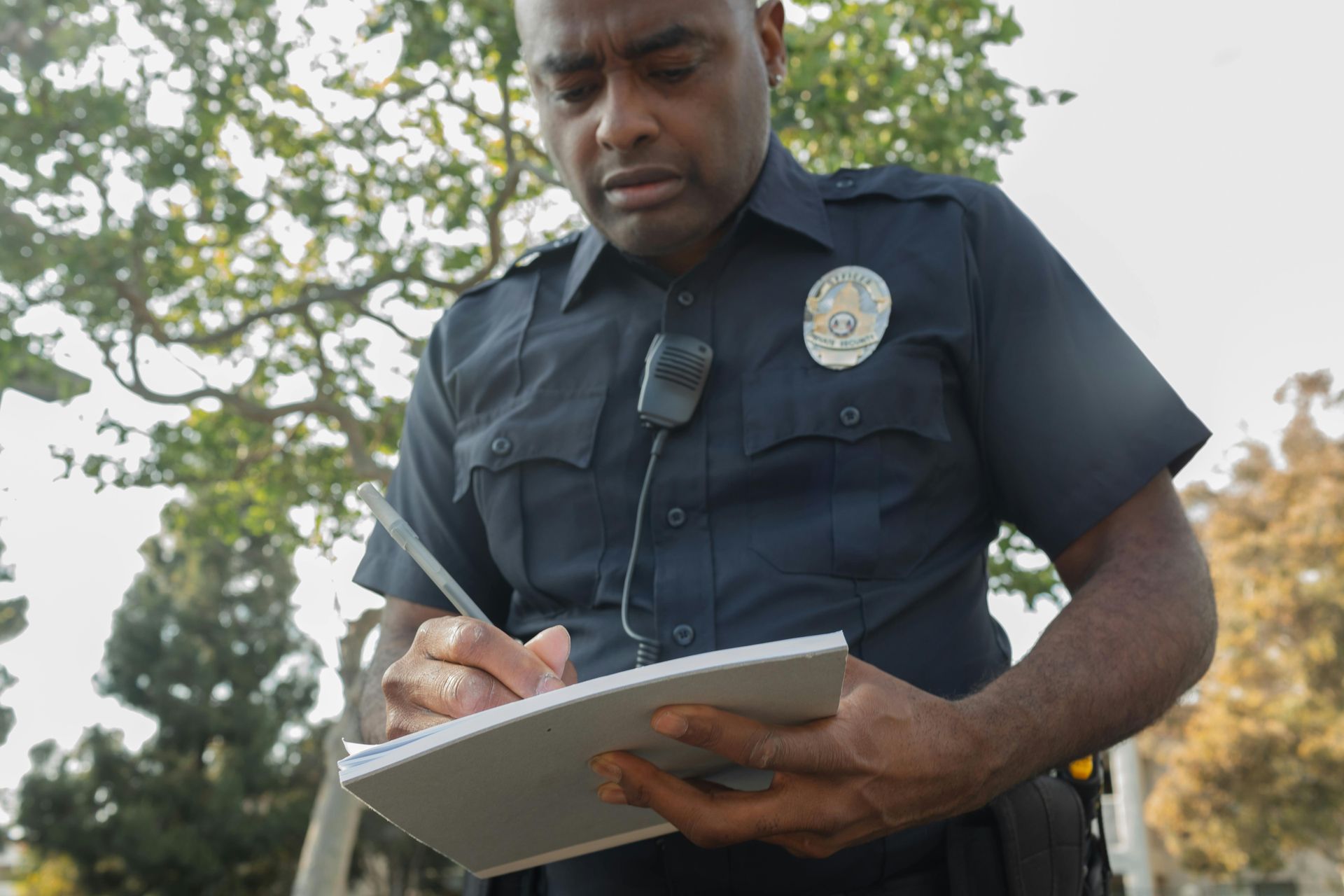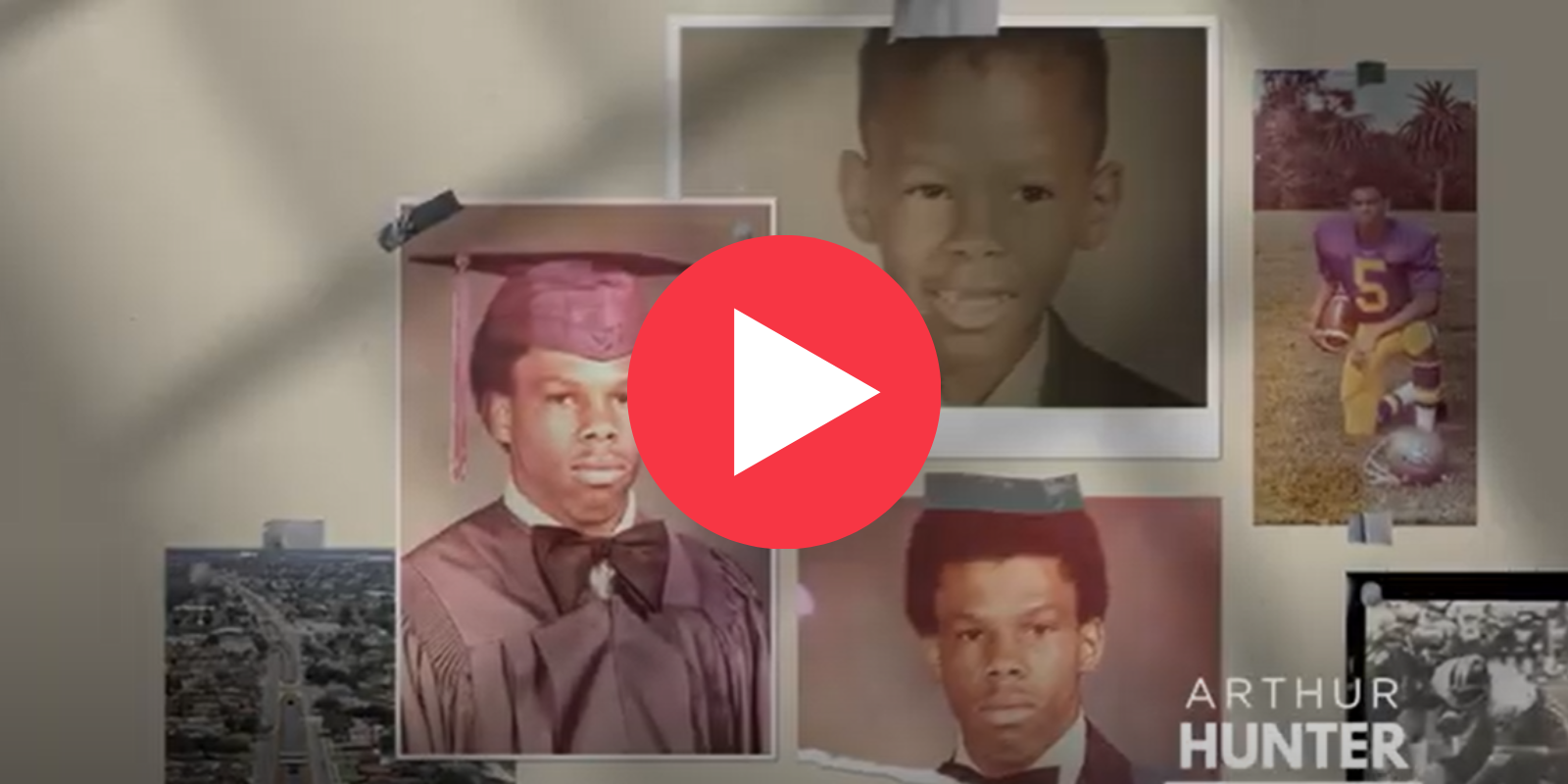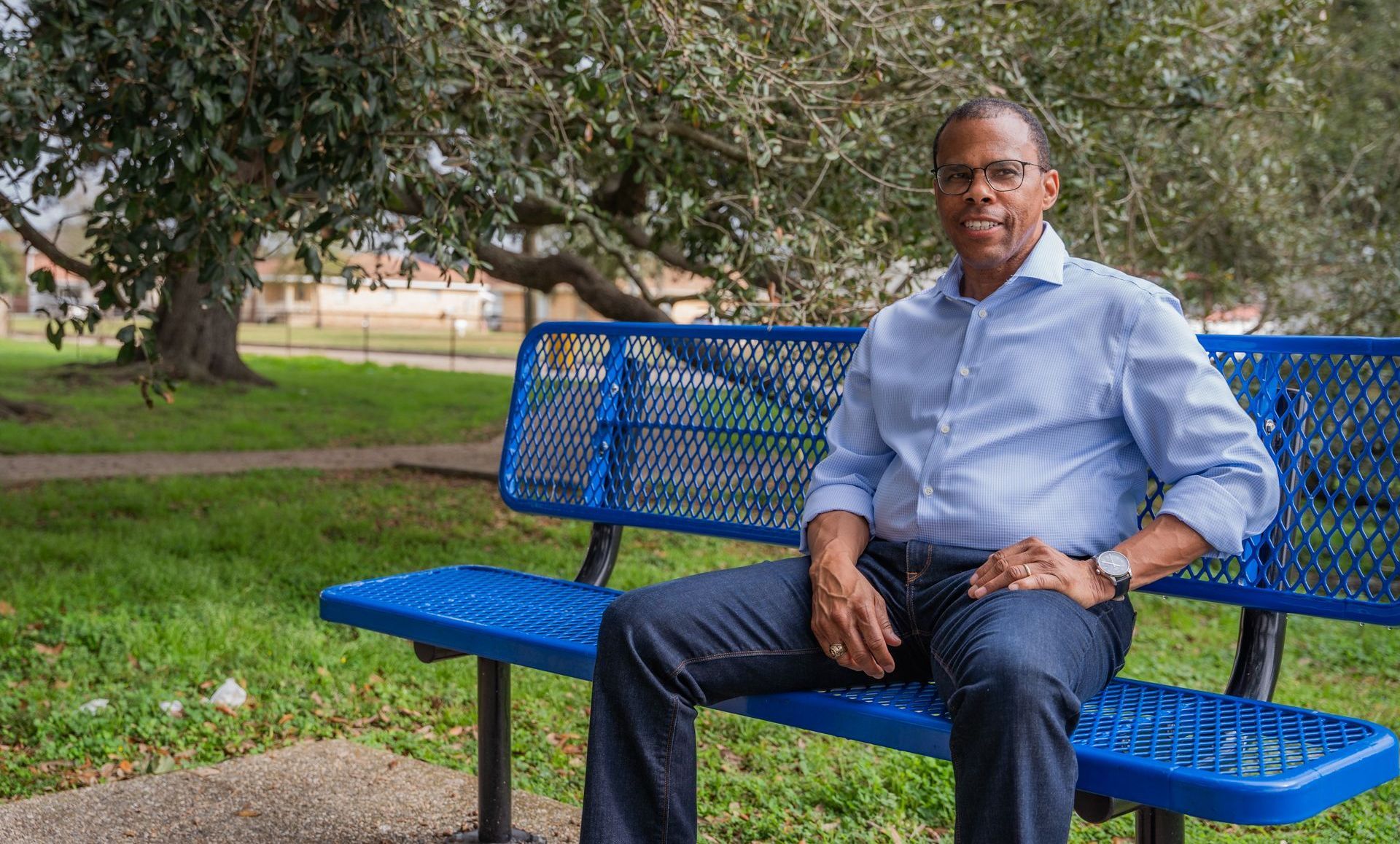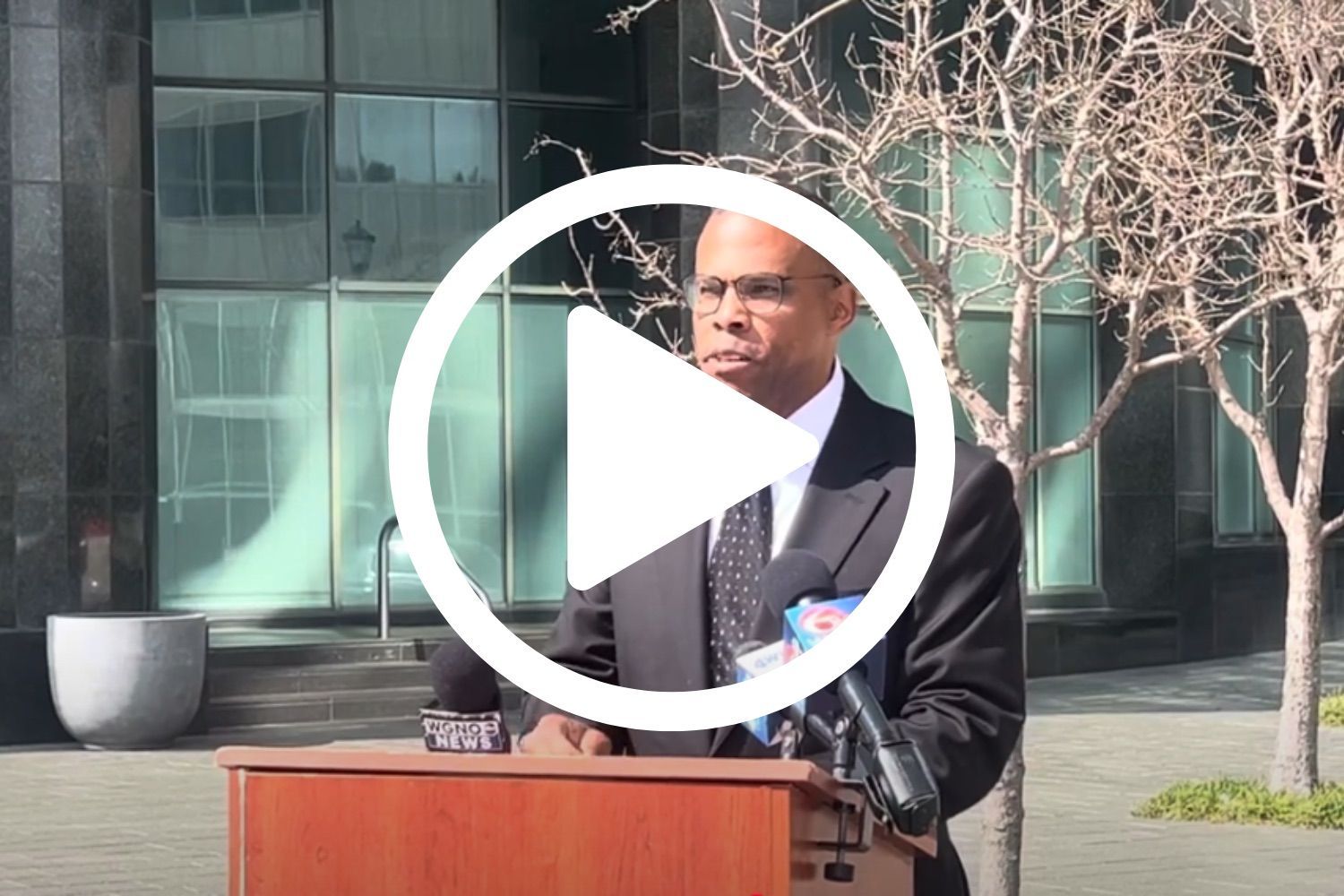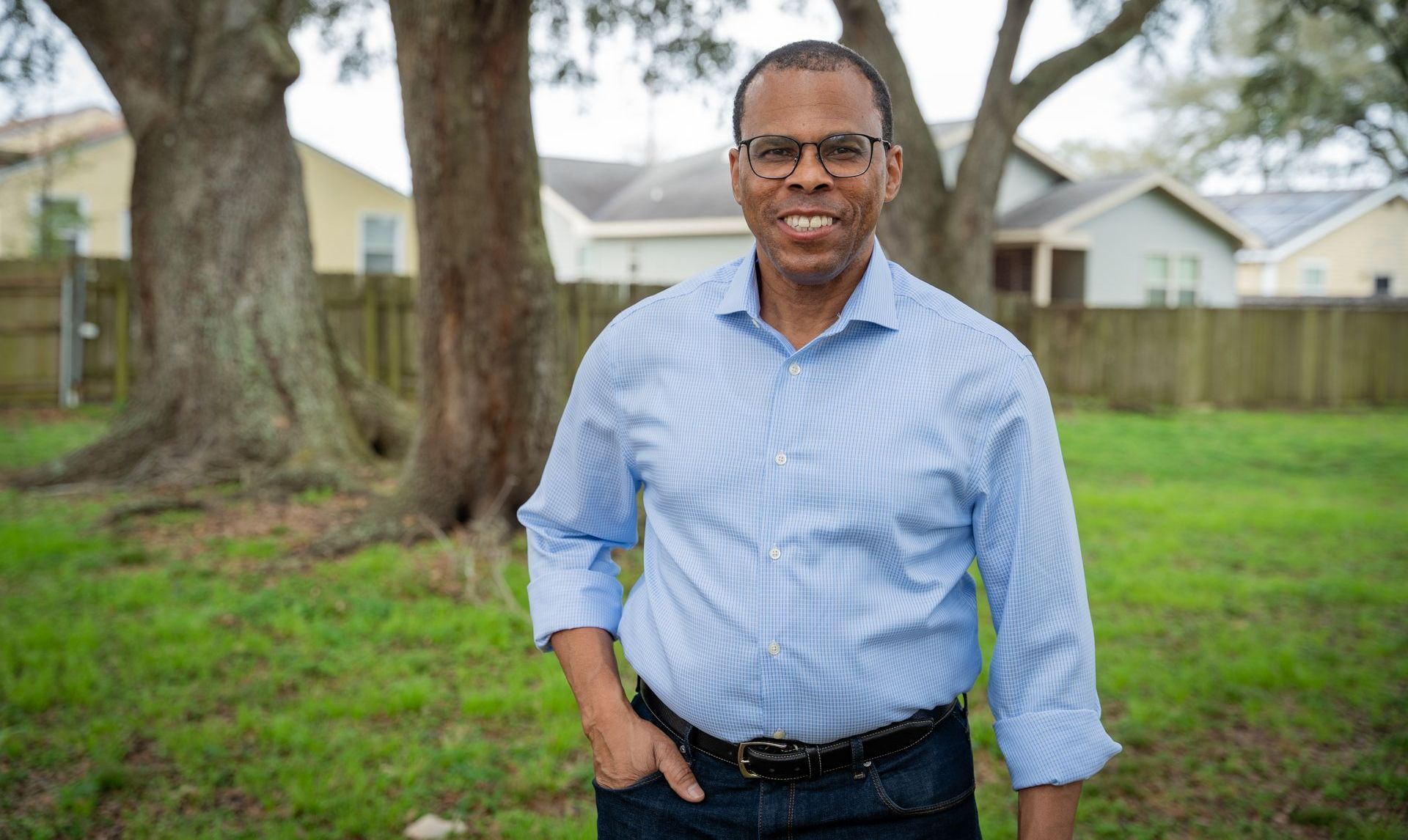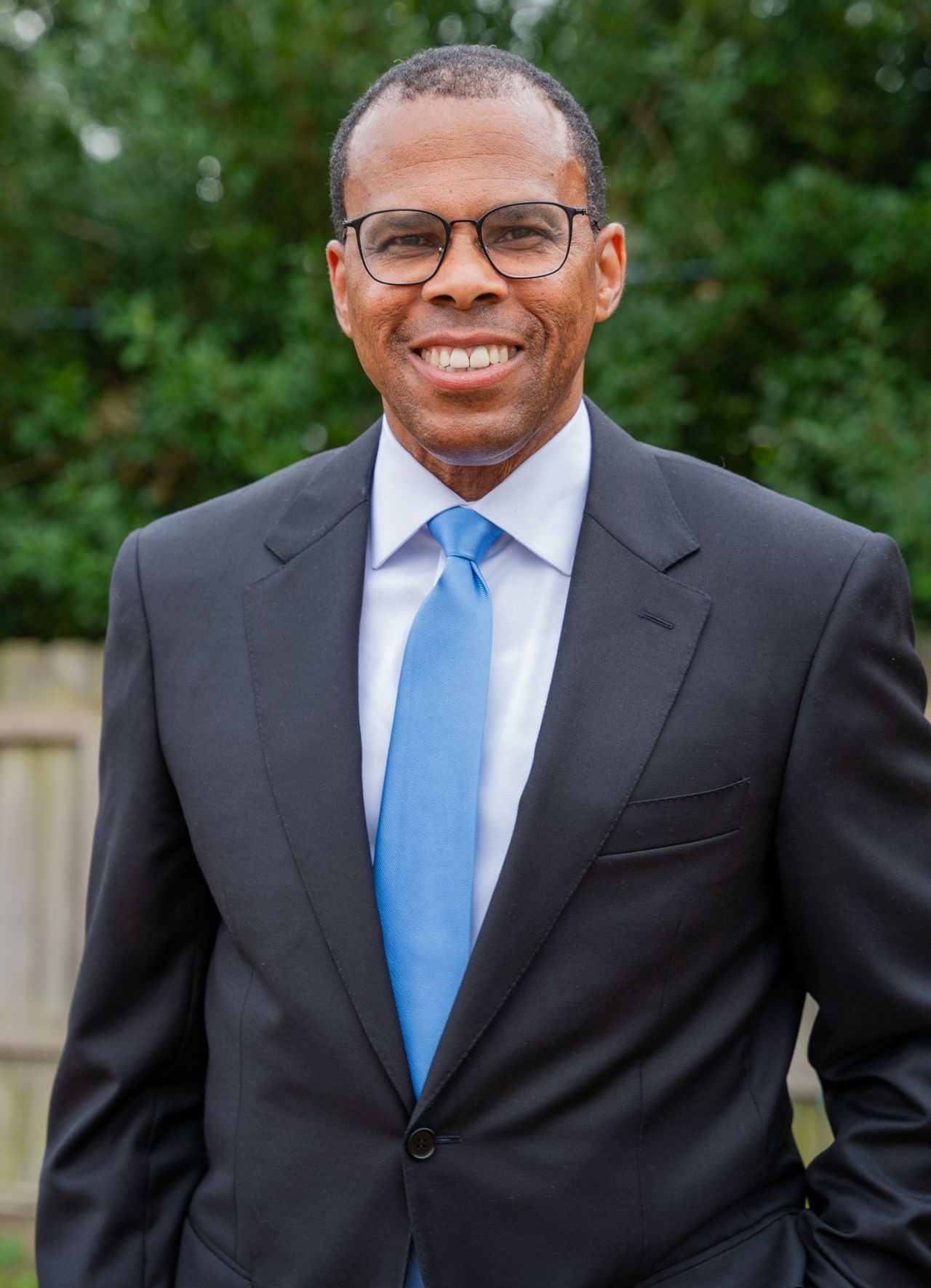This week the Supreme Court is to hear argument in Arizona v. United States, the case that may determine the constitutionality of that state's 2010 law regarding illegal immigrants. Alabama, Georgia, Louisiana and Utah have passed similar laws authorizing police officers to detain and question people about their immigration status.
While presiding over a criminal case a few years ago — a prosecution for operating an automobile without documentation of lawful presence in the United States — I asked the arresting officer what, exactly, caused him to suspect that the defendant was not a legal U.S. resident. “Because,” the officer said, Louisiana’s immigration statute passed in 2002 “relates to someone in the country illegally.”
I posed my question a different way: “Well, how would you know, again, that a white driver, a black driver, Asian driver, Indian driver, someone from the Middle East, are illegal aliens for you to even ask that question?”
He responded, “I don’t know, I guess.”
I pressed further: “Well, what makes you ask a Latino driver whether or not he is an illegal alien?”
The officer’s reply was revealing: “Nothing. I don’t have an answer for that.”
While many have debated the constitutionality of these laws, our public discourse lacks a clear expression of the practical implications such statutes have on criminal cases. I am a criminal court judge in Louisiana and a former police officer. I have seen firsthand the onerous burden placed on law enforcement and the judiciary when statutes like those enacted in Arizona and Louisiana criminalize a person's inability to establish his or her immigration status upon demand. These statutes give law enforcement officials unlimited discretion that is prone to abuse by officers intent on detaining undocumented immigrants.
So far, all states with such laws have included admonitions against racial or ethnic profiling. But my experience as a trial court judge has convinced me that cautionary “no-profiling” provisions are inherently ineffective. They are unenforceable because they are vague and give too much discretion to police officers on the street.
Consider that the immigration statutes passed in all of these states prohibit racial profiling as a means of enforcement, yet all are silent as to how law enforcement should determine who is an illegal alien.
How can the mere inclusion of statutory provisions prohibiting racial profiling prevent the practice? Is there any means by which law enforcement agencies can develop objective policies that do not rely on skin color, national origin, or other racially or ethnically subjective factors to trigger an inquiry into whether a person is an illegal immigrant? People of all colors and nationalities live in our country, and these factors alone surely are insufficient under the Constitution to prompt law enforcement interrogations into one’s immigration status.
On the other hand, a neutral, broad policy that encourages police officers to ask everyone to “show your papers,” even in the course of an otherwise routine traffic stop, could turn our communities into something akin to police states.
When prosecutors pursue charges brought under these laws, it falls to the judges presiding in state courts to determine whether racial profiling has occurred. But the courts have not been provided standards or procedural mechanisms by which they can root out abuses by law enforcement. The absence of effective standards to identify police violations of provisions barring racial profiling renders the provisions unworkable and unenforceable by courts. And arguably, these statutes may require racial profiling to be enforced because it is simply impracticable for law enforcement officers to require every person they encounter to prove citizenship.
For any law to be effective, there must be viable, constitutional means by which it can be enforced. The criminal penalties created by anti-immigration laws such as Arizona’s make proper enforcement standards all the more imperative. As the Supreme Court considers the constitutional questions raised in the Arizona case, the justices should not overlook the realities of day-to-day administration of criminal justice in U.S. trial courts.
ARTHUR HUNTER IN THE NEWS
